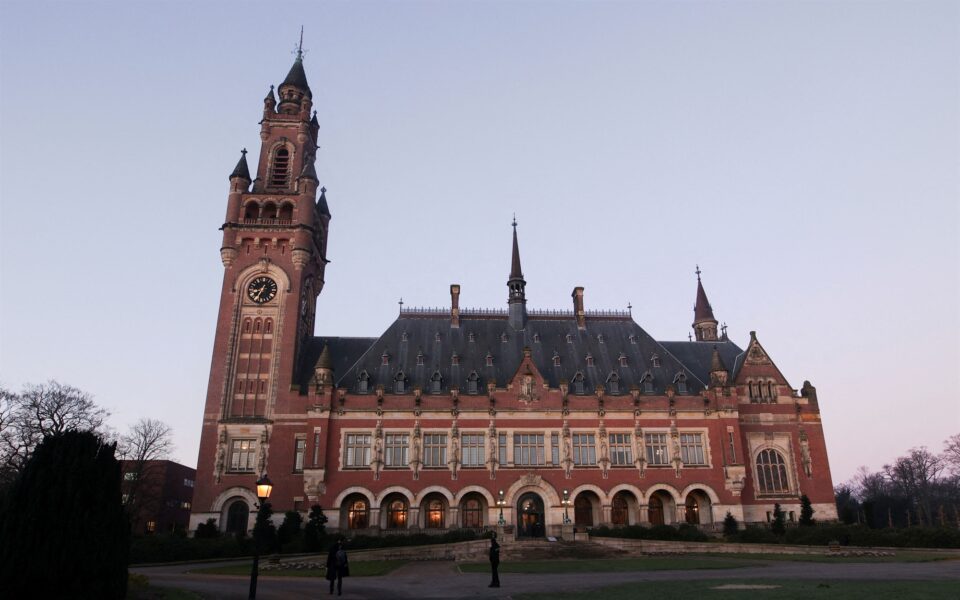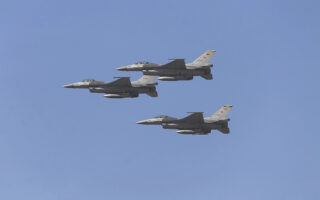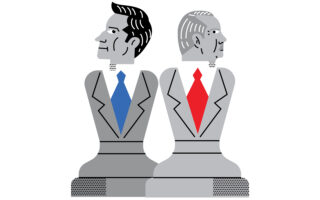The Hague and the ‘other voices’

The International Court of Justice may not have issued the ruling that South Africa wanted, that Israel is perpetrating genocide against the Palestinians. But its instruction that Israel prevent any acts that could constitute genocide, and that it ensures that aid gets to the people of Gaza, is a victory for the countries in the anti-Israel and anti-West bloc. It is a resounding notice that the people who until recently saw their fates determined by foreign powers will use the structures of international governance to make their presence felt. They declare that no longer will secret agreements determine the borders and fates of people, as the Sykes-Picot Agreement of 1916 shared the pieces of the Ottoman Empire between Britain and France. Today the people who were outside the halls where their fate was decided are challenging the West to apply the “rules-based order” against their own allies, too.
Many countries which oppose Israel support Russia in its war against Ukraine (where it is, of course, trying to change borders and determine another people’s fate). At the same time, many in the anti-Russian front support Israel despite what it is doing in Gaza. For their own reasons, with their own arguments, both sides declare their allegiance to the rule of law and international agreements only when this benefits themselves and their allies. No one believes that human nature has changed and that differences will no longer be settled by force. Perhaps that is why today we see alliances which threaten the Western powers’ monopoly of influence – because the West seems weak and uncertain as to how to go forward.
Perhaps that is why today we see alliances which threaten the Western powers’ monopoly of influence – because the West seems weak and uncertain as to how to go forward
The United States remains the greatest military and economic power. But its influence is reduced, in comparison with the past century, while more and more smaller powers are acquiring a voice. This is not only because of the rise of China and India, nor because Russian aggression finds enough supporters to weaken the effect of sanctions against Moscow. America itself is part of the problem, as no one knows how it will act if Donald Trump returns to power. In any case, whether with Joe Biden or Trump in the White House, the world is changing.
The fire raging in the Middle East since the Hamas terrorist attack of October 7 and the destructive Israeli campaign in Gaza complicate things even further. The support of the United States and others for Israel is presented by many countries as undermining the principles of the international system of governance that the West itself established and uses as a criterion for acceptable behavior. This strengthens the position of those who never cared for these principles in the first place, and increases the dangers faced by those countries which do not have the necessary power of deterrence or the right alliances.
The structures of cooperation that developed after World War II (NATO, the EU and others) are still powerful. But new powers are rising among their rivals. Iran’s influence is spreading through the whole Middle East, while Russia, Iran and North Korea are in close cooperation. The United States’ decisive presence may have prevented a direct Iranian intervention in the region and a wider conflagration. But, while there are doubts about the dominance of America’s power and the structures of governance that it established, new, opportunistic alliances will be shaped. And no one can know where they will lead.





